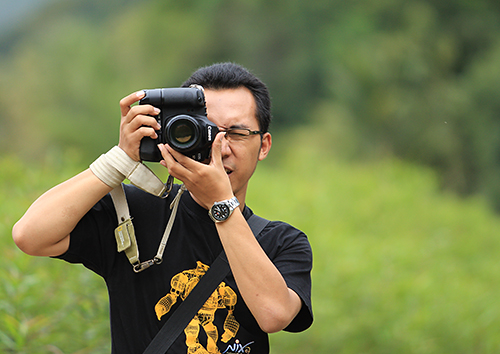
Novices in the world of photography are filled with curiosity and wonder or they may be filled with a sense of inferiority from other more experienced photographers. What are some points new photographers should understand?
Don’t ignore the camera’s manual.
Many people new to photography wants instant gratification to the craft. They demand themselves to understand every feature of their camera as quickly as possible. One fatal mistake often made is ignoring the camera’s manual. Many quickly resort to seeking information in forums and only without first trying to figure the basics out on their own. Every basic information of your camera’s functionality is included in the manual. Asking such basic questions on the internet forums may annoy other forum goers. Like the saying goes: RTFM (read the F$%#ing! manual), dear readers!

Don’t be a copycat.
Be inspired, not plagiarize. Remember the young Japanese photographer named Natsumi Hayashi known for her levitation shots? So many photographers now imitate her style but none wants to be called a copycat. Those who imitate would rather say “I’m inspired by Natsumi” than “I copy Natsumi’s style.” So what’s the difference between inspiration and plagiarism? Copying means being exact in recreation of a form, while being inspired means having the same base idea but implementing them in different characteristics. Be a photographer with with a trademark style to be able to stick out from the crowd.
Don’t rely on photoshop.
So many stick to the mantra of “I’ll Photoshop this later!” Many beginners often think that less-than-good photos can be fixed with a post-processing software like Photoshop. Such assumption is, for the most part, wrong. Photoshop is to be used to correct minor flaws in camera settings. How well results of Photoshop still depend on the input quality of the photographer in taking the photograph. So if the initial photo lacks quality, however extreme the edit is, it’ll still lack quality. Photoshop may be able to edit color, lighting, cropping, and various other aspects, but remember, photoshop can’t edit the moment the photograph is taken. So wipe the Photoshop-dependant mentality off your photography practice. Start paying more attention in creating a good photograph on the spot by paying close attention to the various settings and angles and lighting conditions before you press that shutter button. A great initial photo from the get-go will also shorten time spent editing because very little touch up will be needed in post-processing.




